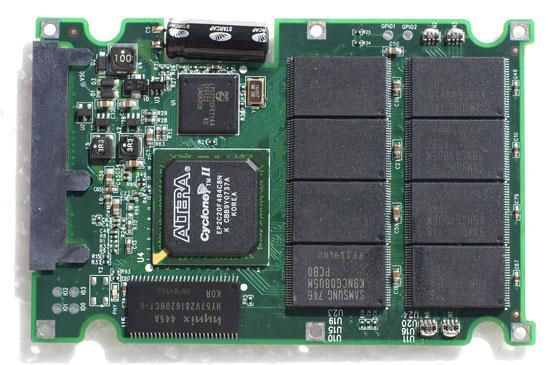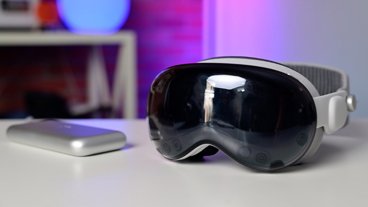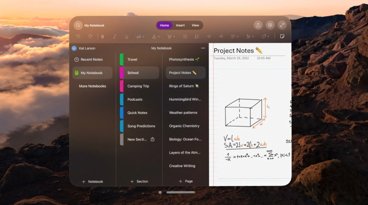MacBook Pro with custom 128GB SSD upgrade benchmarked
While Apple offers solid state drives (SSDs) in its MacBook Air sub-notebook, it has yet to extend that courtesy to its professional notebook line. A recent in-depth analysis of a MacBook Pro custom fitted with a 128GB SSD offers evidence as to why, while holding promise for the coming year.
If you thought Apple's $999 upgrade price for the Air's 64GB SSD was steep, hold on to your seat. The Memoright drive was priced out at a whopping $3,819, which in itself provides one reason why the professional notebooks, which presently ship with a minimum of 200GB of hard disk space, have thus far been left out of the party.
With the combined price of the SSD-eqiupped MacBook Pro bordering on $6000, AnandTech was looking for real world improvements in battery performance, application performance, and overall system usage. To summarize, the drive failed to deliver in all but the final category, serving as yet another compelling argument against offering such an upgrade path in the MacBook Pro at current pricing.
Battery tests showed the SSD to slightly underperform when compared to the standard Hitachi 5400RPM hard disk drive (HDD) Apple ships with the MacBook Pro, while application performance saw marginal improvements (iPhoto Import, Adobe Photoshop CS3 retouch) in some cases but posed as a slight disadvantage in others (iPhoto Export, MS Office).
The advantage of the SSD over the HDD was most apparent in its ability to read random blocks of memory between 3 and 20 times faster than the SSD. But as the analysis notes, most single-application desktop usage models are heaviest on sequential disk access, not random, and hence won't see the biggest performance benefits of the SSD.
Where the flash-based SSD really shined was in overall feel and "snappiness" of the system, which takes into account application launch times, Finder interaction, and system boot time. Launch times were essentially cut in half and the MacBook Pro booted in 22 seconds with the SSD as compared to nearly 40 seconds with the HDD.
AnandTech notes that several of the larger capacity SSDs on the market like the Memoright are not native Serial ATA devices, and instead use an internal PATA interface to an external SATA interface, which presents several inefficiencies. It adds however, that Intel has been talking about its upcoming SSDs and how their own controllers will offer a significant performance.
Those Intel drives are due out sometime in the second half of the year, and with prices for flash memory falling approximately 40 percent year-over-year, it's believed that 2009 will end up being the year for widespread adoption of SSDs in mainstream notebook designs, while 2008 will go down as the year that it all started happening.
 AppleInsider Staff
AppleInsider Staff











 Wesley Hilliard
Wesley Hilliard
 Andrew Orr
Andrew Orr



 Amber Neely
Amber Neely

 William Gallagher
William Gallagher







